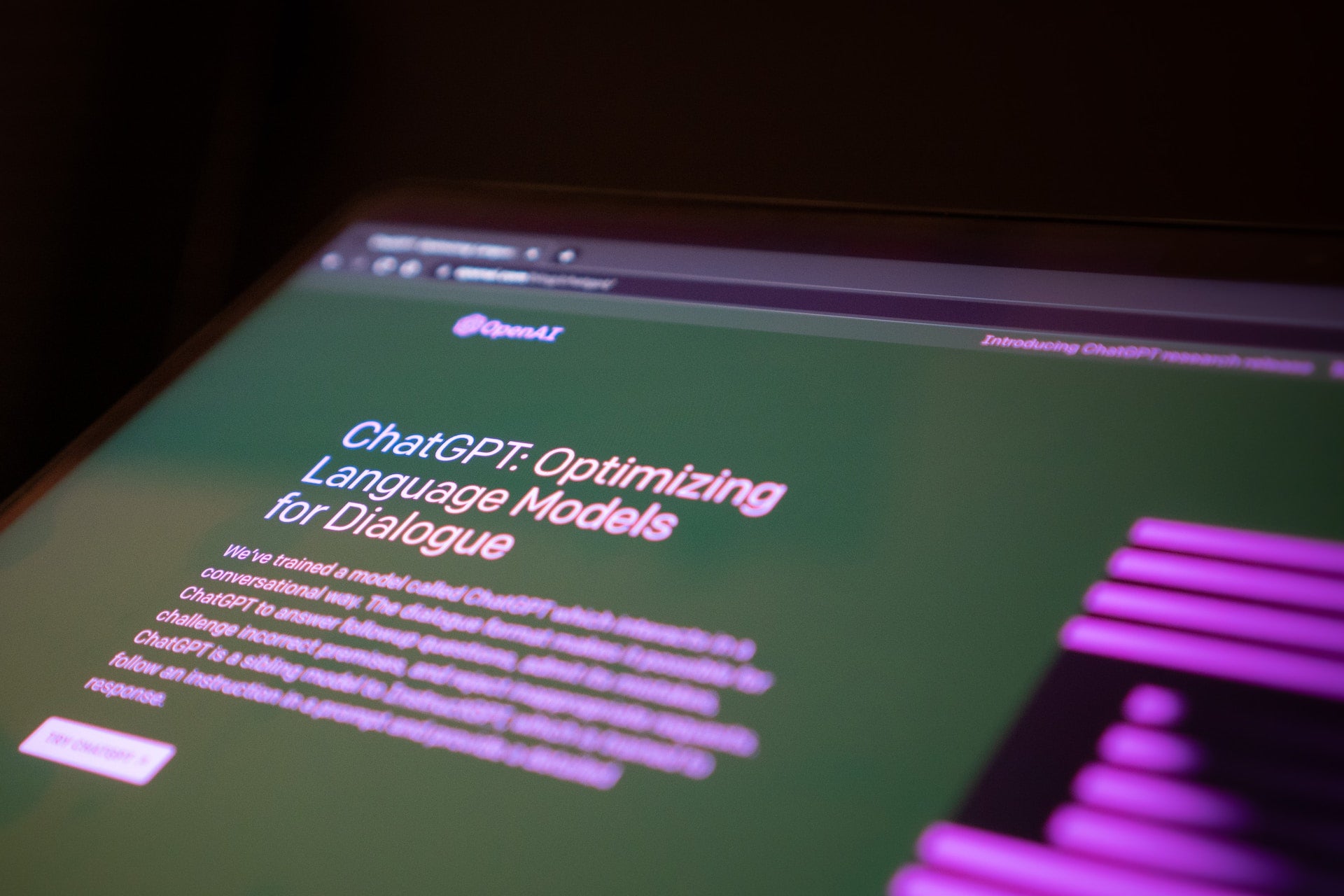
OpenAI, the creator of ChatGPT, is planning to launch a new open-source language model, reported The Information, citing a source.
The development comes as companies race to develop open-source alternatives to ChatGPT.

Access deeper industry intelligence
Experience unmatched clarity with a single platform that combines unique data, AI, and human expertise.
Earlier this year, Facebook owner Meta publicly released a large language model (LLM) for researchers.
Open-source engineers and researchers can also use the technology offered by the likes of Databricks, Stability AI and German, not-for-profit entity Laion.
Microsoft-backed OpenAI has not released open-source models since 2019.
However, given how capable Meta’s models are, it could push Google and OpenAI to release more powerful software publicly.

US Tariffs are shifting - will you react or anticipate?
Don’t let policy changes catch you off guard. Stay proactive with real-time data and expert analysis.
By GlobalDataAs per the report, it is unlikely that OpenAI will release a model that is better than the proprietary model that it is selling.
Last month, it was reported that OpenAI raised $300m in funding at a valuation between $27bn and $29bn.
Tiger Global, Sequoia Capital, Andreessen Horowitz, Thrive, K2 Global and Founders Fund participated in the funding round.
The investment was different from Microsoft’s nearly $10bn capital infusion in OpenAI in January this year.
The company plans to integrate OpenAI’s technology across several of its business units joining rivals including Meta and Google.
Last week, Meta said that it is testing new tools that will offer generative AI capabilities to advertisers.
Meta’s news came a day after Google announced that it is integrating AI into search, email and other services.
At its 2023 annual developer conference, Google also announced its next-generation LLM, called PaLM 2.







